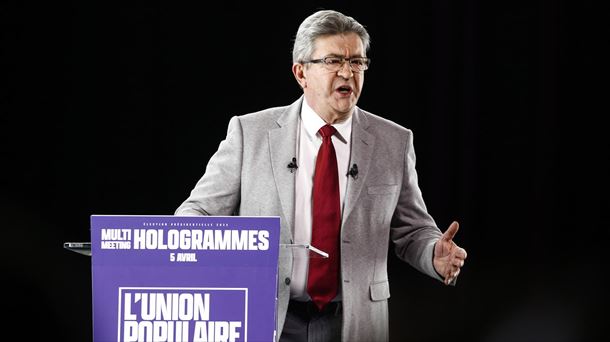While Head of State Vladimir Putin is currently strengthening his alliances with Asian partners, the EU continues to tighten the sanctions screws. Member States recently agreed on a new package of measures against Russia. This is primarily aimed at Russia’s liquefied gas activities.
Ports such as the one in Zeebrugge, Belgium, should be banned from shipping Russian liquefied natural gas (LNG) to third countries, according to diplomats. This should then lead to Russia being able to sell less liquefied natural gas due to a lack of transport capacity and invest less money in its war of aggression.
The package also includes stricter measures against the circumvention of existing sanctions. According to European Commission estimates, subsidiaries of European companies are still supplying goods worth hundreds of millions of euros to Russia, which should no longer end up there due to EU sanctions. In concrete terms, this mainly concerns goods that can contribute to the development of the Russian defense and security sector.
Package weakened by German concerns
The German government has long opposed this plan. According to reports, Berlin fought for a weakening of the negotiations. The reason for this was of course warnings from the German economy, which feared excessive administrative costs and loss of turnover.
The compromise apparently stipulates that the so-called No Russia clause does not initially have to be applied to subsidiaries as planned. The law requires EU exporters to contractually prohibit the re-export of certain goods to Russia and their re-export for use in Russia. This affects, for example, aviation goods, aviation turbine fuel, weapons and advanced technological goods used in Russian military systems.
Source: Krone
I am Wallace Jones, an experienced journalist. I specialize in writing for the world section of Today Times Live. With over a decade of experience, I have developed an eye for detail when it comes to reporting on local and global stories. My passion lies in uncovering the truth through my investigative skills and creating thought-provoking content that resonates with readers worldwide.



